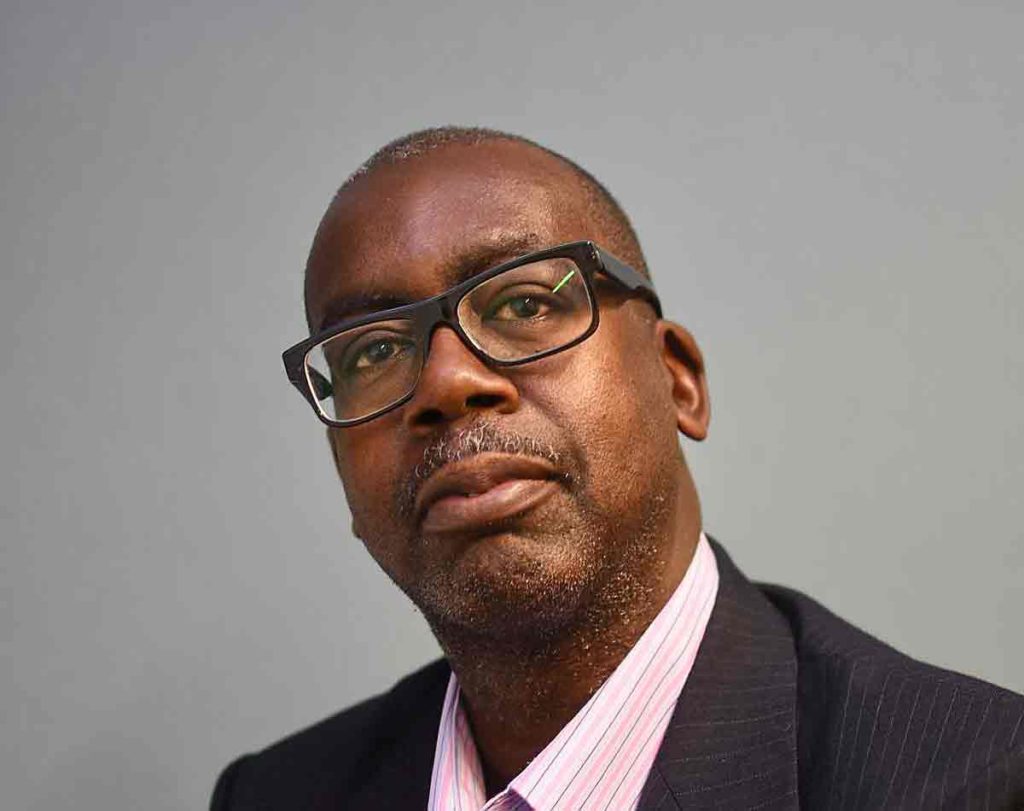
Mental health consequences of the Windrush scandal on Caribbean and Black African families in the UK are to be explored in a new project.
Launched by academic Dr Rochelle Burgess and social commentator and historian Professor Patrick Vernon OBE, The Ties That Bind is the first study of its kind of the scandal.
It will map the mental health impact of the scandal and hostile immigration policies, not only on those who have been directly affected, but also on family members.
The scandal began to surface in 2017 when it emerged that hundreds of Commonwealth citizens, many from the Windrush generation, had been wrongly detained, deported and denied legal rights.
Victims endured forced detention, lost jobs, housing and livelihoods, and were forcibly separated from families.
They often continue to have negative experiences as a result of hostile immigration policies.
Dr Burgess, associate professor at the University College London Global Institute of Health, said: “The Windrush Scandal is a heart-breaking example of the interactions between state-orchestrated oppression, the violence of borders, and the way that Black life is seen as expendable.
“It cuts to the heart of the ways that systems strip people of home, humanity, place, and personhood.
“However, discussions of mental health are totally absent from our responses – despite evidence suggesting that good mental health is impossible in the absence of these things.
“Our project seeks to bring together affected families and document evidence to motivate policy action around mental health support for victims, families and communities.”
Over the course of the next few months, the project team hope to speak to families across London and other UK cities who have been affected.
They plan to find out how their health has been impacted using a series of questionnaires and photos and visual images to help people talk about their experiences.

Professor Vernon, a health systems equity advocate, Windrush campaigner, and a former independent adviser on equality and diversity for Lambeth council, said: “How can we, as Windrush generation members and descendants, hope to rebuild our mental health, and imagine our lives in a place where there is no real recognition of how the hostile environment and the Windrush scandal damages our mental and emotional health?
“Projects like this are desperately needed, if we are to ever break the cycle of poor mental health faced by many in our society.”
Results of the research will be exhibited online and a round table discussion will be organised to engage survivors, academics and policy makers to raise awareness and encourage support and change.
Anthony Bryan, a Windrush scandal victim whose ordeal was captured in a BBC TV drama, has helped the project team.
He said: “The Windrush scandal broke my world in two. I spent months wrongfully detained in detention centres, leading to the loss of my livelihood and my home.
“The things I have experienced during that time are not in the past – they are very much my present reality – trauma like that doesn’t just go away.
“I am excited by this project which tries to shed light on what we are living through, as we try to rebuild our lives.”
For more information, visit: ucl.ac.uk/global-health/ties-bind






